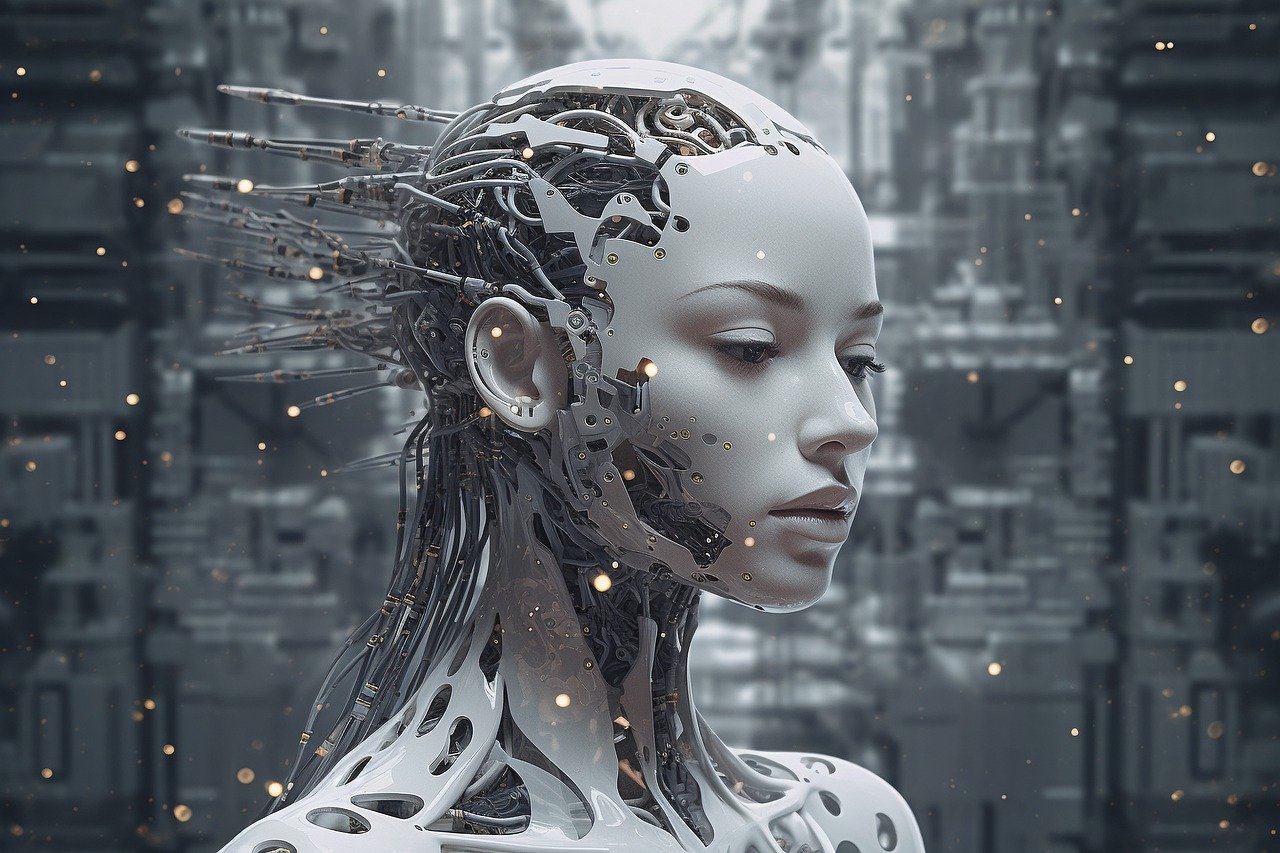
The field of artificial intelligence (AI) has been evolving rapidly over the past few years, with groundbreaking advancements being made in various areas. From machine learning to natural language processing, AI systems are becoming increasingly sophisticated and capable of performing complex tasks that were once thought to be exclusive to human intelligence. In this blog post, we will explore some of the latest advancements in artificial intelligence and how they are shaping the future of various industries.
Machine Learning: Unlocking the Power of Data
One of the most significant advancements in AI technology is the development of machine learning algorithms. These algorithms enable AI systems to learn from vast amounts of data and make predictions or take actions based on that knowledge. This has opened up numerous possibilities in various fields, such as healthcare, finance, and retail.
For instance, in the healthcare industry, machine learning algorithms are being used to analyze medical images and detect diseases at earlier stages. This has the potential to revolutionize the way we diagnose and treat illnesses, ultimately saving lives. In the financial sector, AI-powered systems can analyze large volumes of financial data and identify patterns or anomalies, helping businesses make more informed decisions and prevent fraudulent activities. Similarly, in the retail industry, machine learning algorithms are being employed to personalize customer experiences and optimize supply chain management.
Natural Language Processing: Bridging the Gap Between Humans and Machines
Another area of AI advancement that has garnered much attention is natural language processing (NLP). NLP enables AI systems to understand and interpret human language, whether it is in spoken or written form. This has paved the way for virtual assistants, chatbots, and voice-controlled devices that can understand and respond to human queries and commands.
These technologies have become an integral part of our everyday lives. Virtual assistants like Siri, Alexa, and Google Assistant have become household names, providing us with information, setting reminders, and even controlling smart home devices. Chatbots, on the other hand, are being used by businesses to provide customer support, handle inquiries, and streamline communication processes. With ongoing advancements in NLP, we can expect these AI-powered systems to become even more intelligent and seamlessly integrate into our daily routines.
Computer Vision: Seeing the World Through AI Eyes
Computer vision is another area where AI has made remarkable advancements. It involves teaching AI systems to understand and interpret visual data, such as images and videos. This technology has countless applications across industries, ranging from self-driving cars to object recognition in manufacturing processes.
Self-driving cars, powered by computer vision algorithms, are a prime example of how AI is revolutionizing transportation. These vehicles can "see" and interpret the road, enabling them to navigate safely and autonomously. In the manufacturing industry, computer vision is being used to detect defects in products, ensuring high-quality standards and reducing waste. Additionally, AI-powered surveillance systems can analyze video footage to detect suspicious activities and enhance security measures.
Ethical Considerations: Discussing the Implications of AI Advancements
While the advancements in artificial intelligence have undoubtedly brought about many benefits, they also raise critical ethical considerations. As AI systems become more powerful and integrated into our lives, concerns regarding privacy, bias, and the impact on employment need to be carefully addressed.
Data privacy is a major concern, as AI systems rely on large amounts of personal data to operate effectively. Striking a balance between utilizing data for innovation and protecting individuals' privacy is a challenge that needs to be tackled. Additionally, biases in AI algorithms can lead to discriminatory outcomes, reinforcing existing prejudices and inequality. Organizations must ensure that their AI systems are trained on diverse and representative datasets to avoid perpetuating biases.
Furthermore, the increasing automation of tasks by AI systems raises concerns about the future of employment. While AI can undoubtedly streamline processes and increase efficiency, it may also lead to job displacement in certain industries. It is essential for society to have conversations about the potential impact of AI on the workforce and explore ways to reskill and adapt to the changing job landscape.
In conclusion, the latest advancements in artificial intelligence have the potential to transform numerous industries and improve our lives significantly. Machine learning, natural language processing, and computer vision are just a few examples of the groundbreaking technologies that are shaping the future. However, it is crucial to address ethical considerations and ensure the responsible development and deployment of AI systems. By leveraging the power of AI while keeping in mind the impact on privacy, bias, and employment, we can harness the full potential of this technology for the betterment of humanity.
'영문 포스팅' 카테고리의 다른 글
| Understanding its Potential Revolution in Various Sectors (0) | 2023.09.09 |
|---|---|
| How to Choose the Best Tech Gadgets for Your Needs (0) | 2023.09.08 |
| Latest Innovations in Artificial Intelligence (0) | 2023.09.08 |
| Latest Cybersecurity Threats (0) | 2023.09.08 |
| Gadgets That Will Revolutionize Your Tech Experience (0) | 2023.09.08 |


